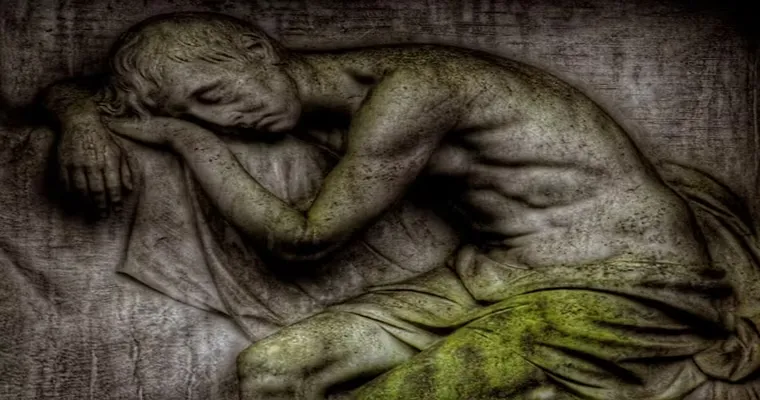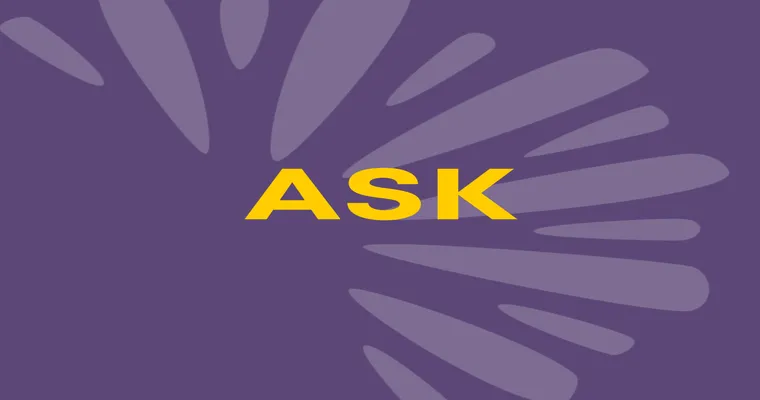In recent years, the topic of "assisted dying" has sparked intense debate across various societies. Advocates argue that it offers a "merciful" choice for individuals suffering from terminal illnesses, while opponents believe it challenges the fundamental "value of life". As societies grapple with ethical, moral, and legal implications, understanding both perspectives is essential for informed discussions.
Assisted dying, often referred to as "physician-assisted suicide" or "euthanasia", involves a medical professional facilitating the death of a patient suffering from unbearable pain or terminal conditions. Proponents claim that this practice grants autonomy and dignity to those facing excruciating circumstances. They argue that individuals should have the right to choose their own fate, especially when facing relentless suffering without hope for recovery. This perspective is often supported by emotional testimonies from families and patients who have experienced the profound pain of terminal illness.
On the other hand, opponents of assisted dying raise significant concerns regarding its ethical implications. Many argue that allowing assisted dying undermines the "sanctity of life" and could lead to a slippery slope where vulnerable individuals might feel pressured to end their lives. Critics also express worry about potential abuses within the healthcare system, suggesting that financial or social factors might influence decisions to pursue assisted dying, rather than purely medical considerations.
Legal frameworks surrounding assisted dying vary widely across different countries and regions. In some places, laws strictly prohibit any form of assisted suicide, while others have implemented regulated systems allowing it under specific circumstances. Countries like Canada and several states in the United States have enacted legislation that provides guidelines for assisted dying, aiming to balance individual rights with ethical considerations.
The debate also extends to religious and cultural beliefs, which often play a significant role in shaping public opinion on assisted dying. Many religious traditions emphasize the inherent value of life and view any form of assisted dying as morally unacceptable. Conversely, some progressive faith communities advocate for compassion and understanding, emphasizing the importance of alleviating suffering.
In conclusion, the conversation surrounding assisted dying remains complex and multifaceted. While it presents a potential path to relief for those enduring unbearable pain, it also raises critical ethical questions about the value of life and societal responsibilities. As more regions consider legalizing assisted dying, ongoing dialogue among healthcare professionals, ethicists, lawmakers, and the public will be crucial in navigating this sensitive issue. Balancing compassion with ethical considerations will be key to understanding the profound implications of assisted dying in modern society.





